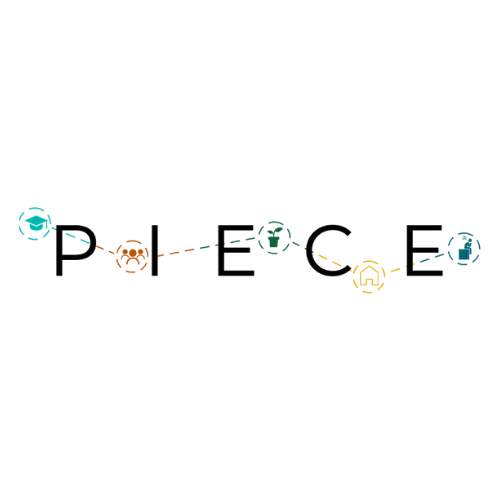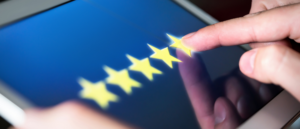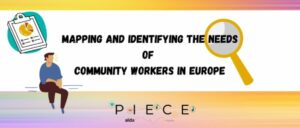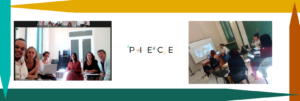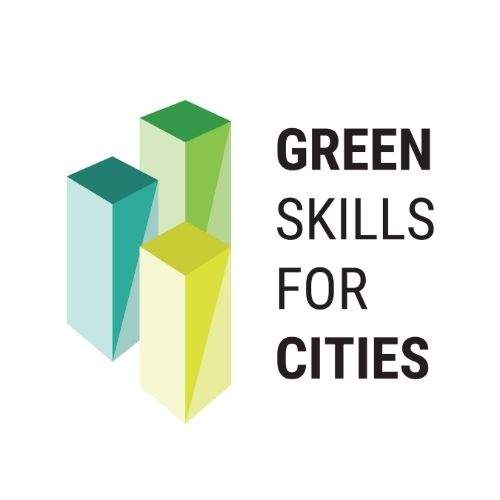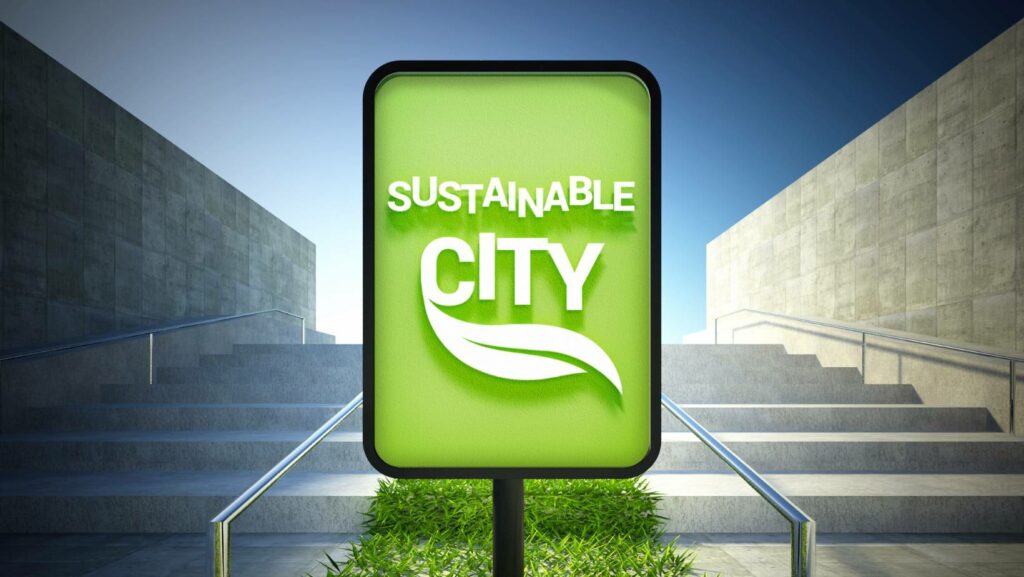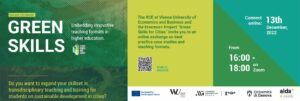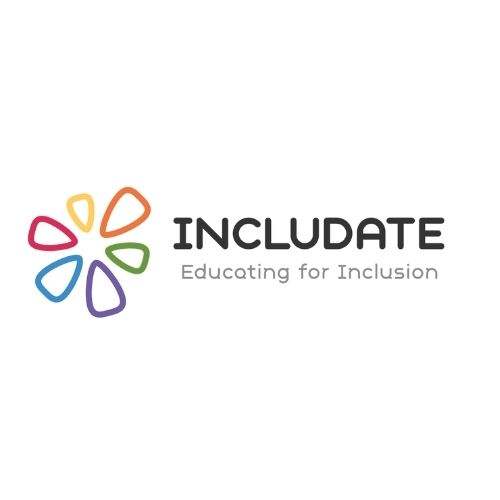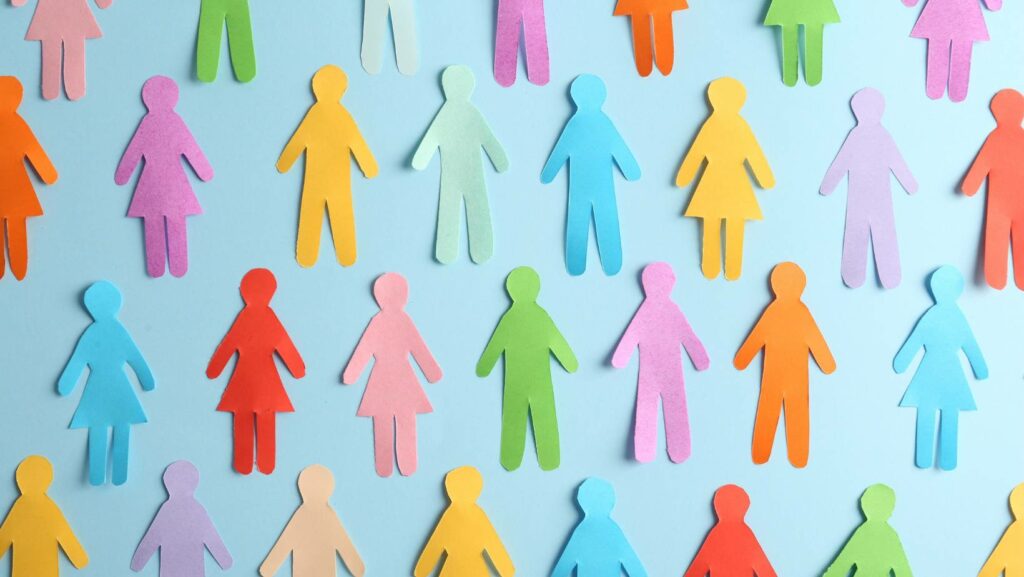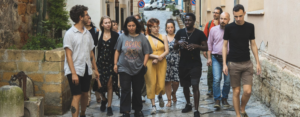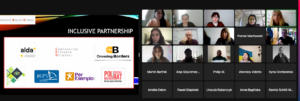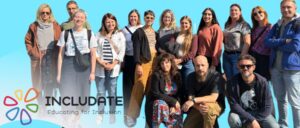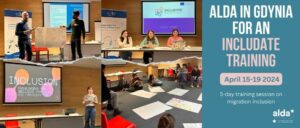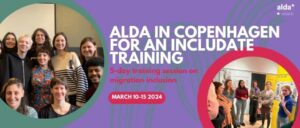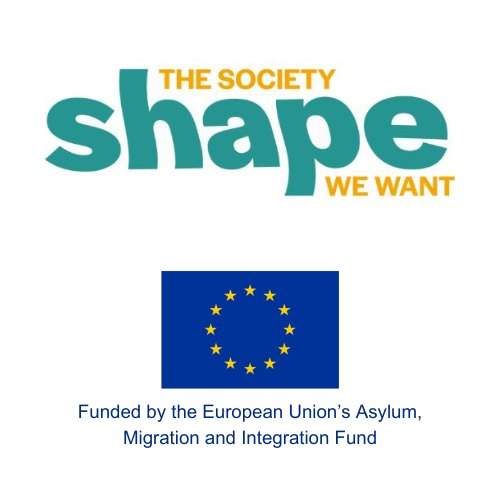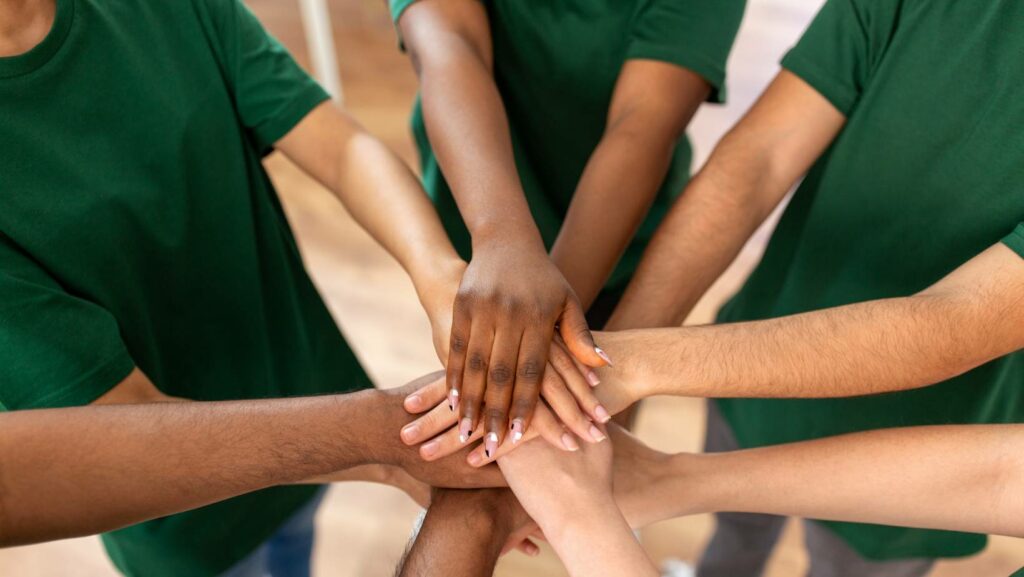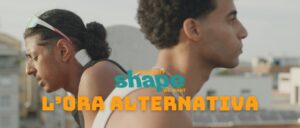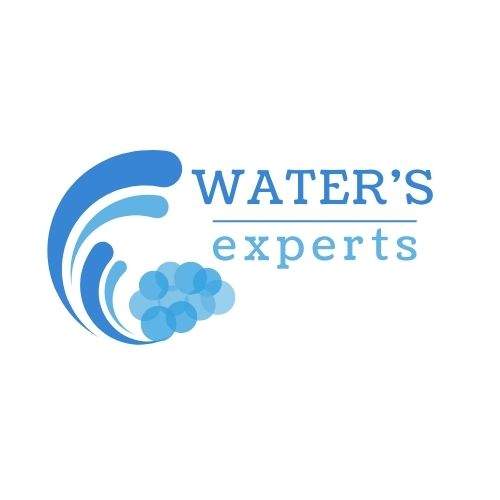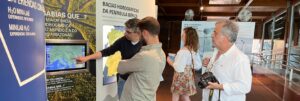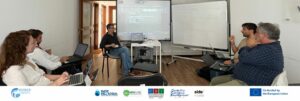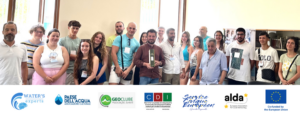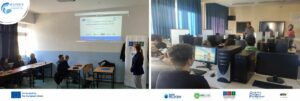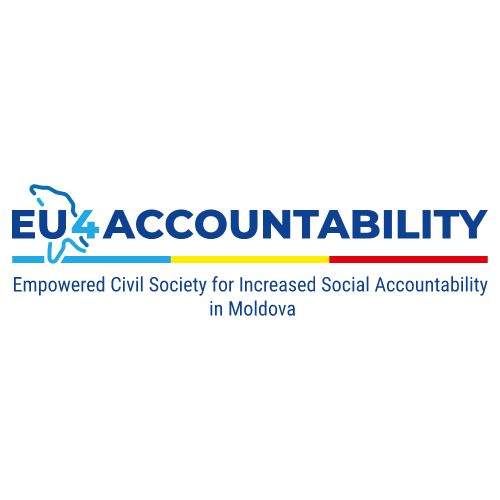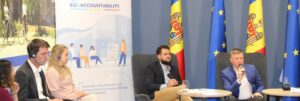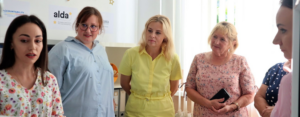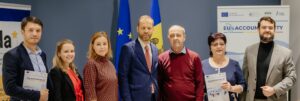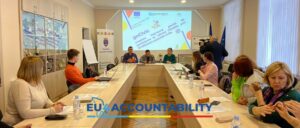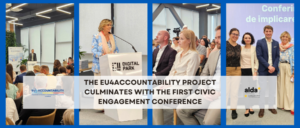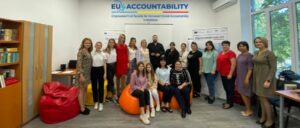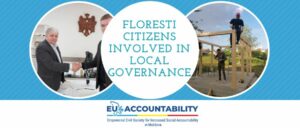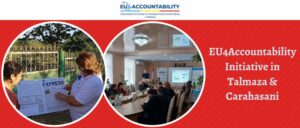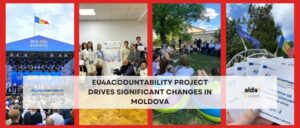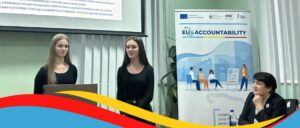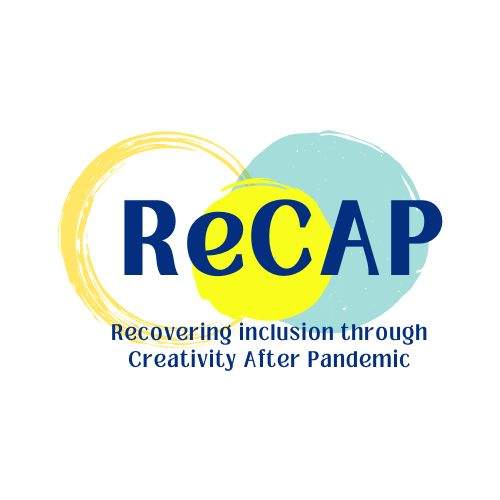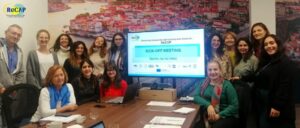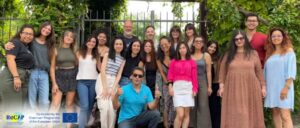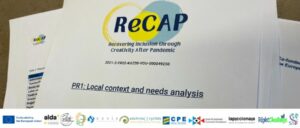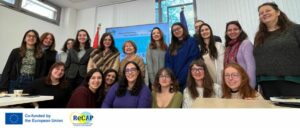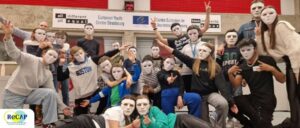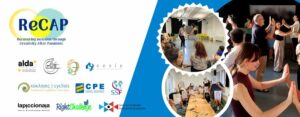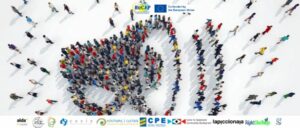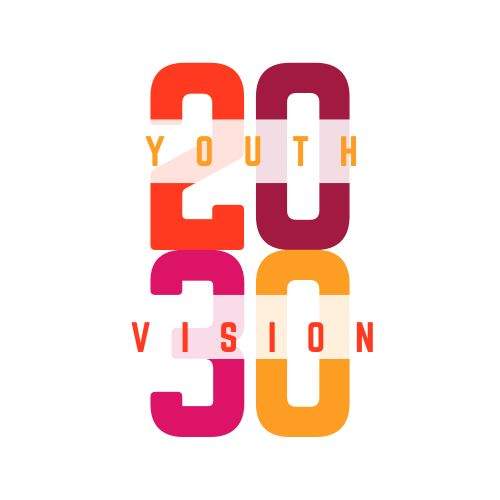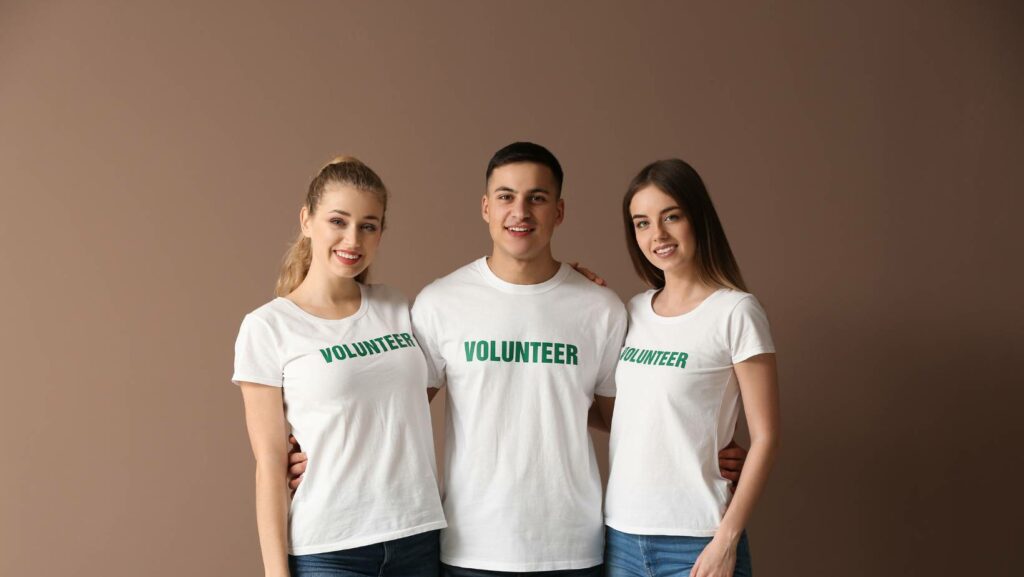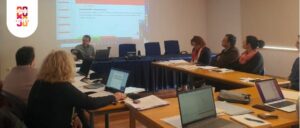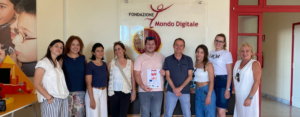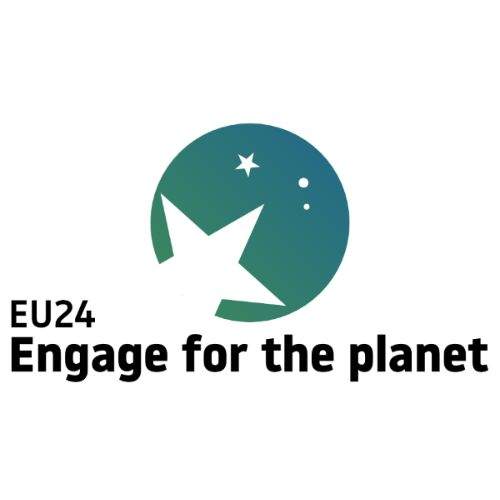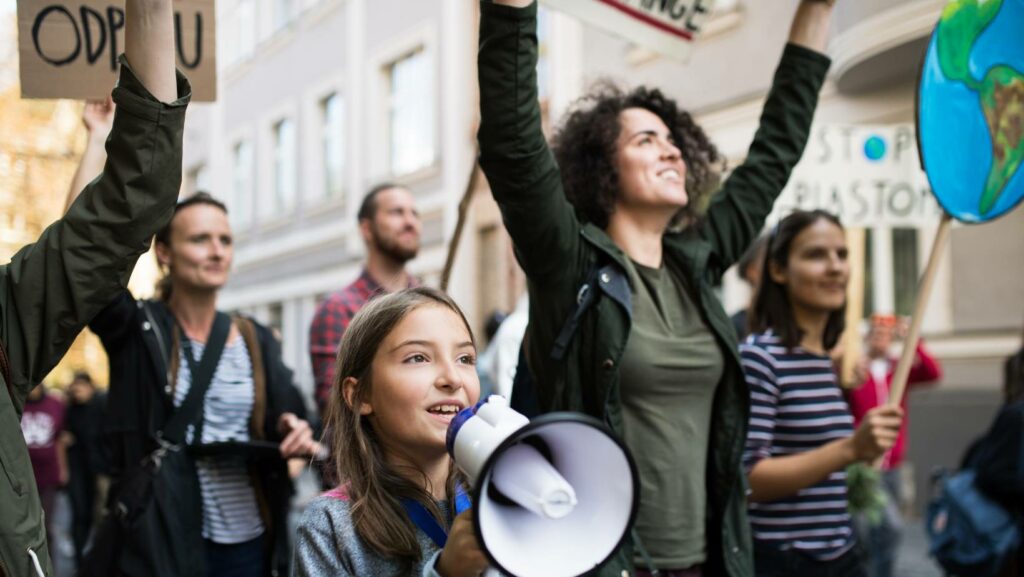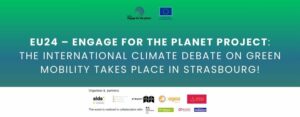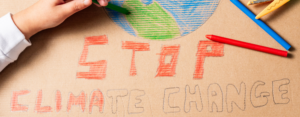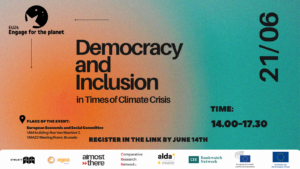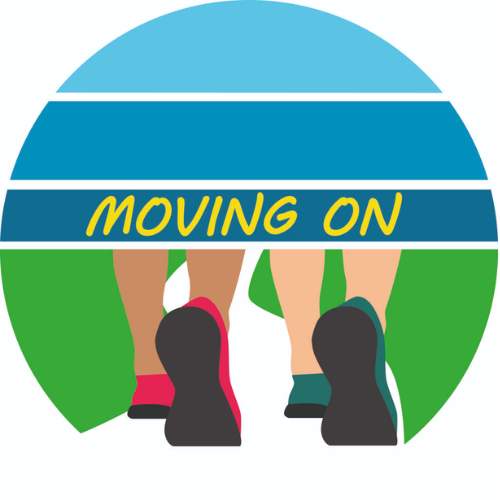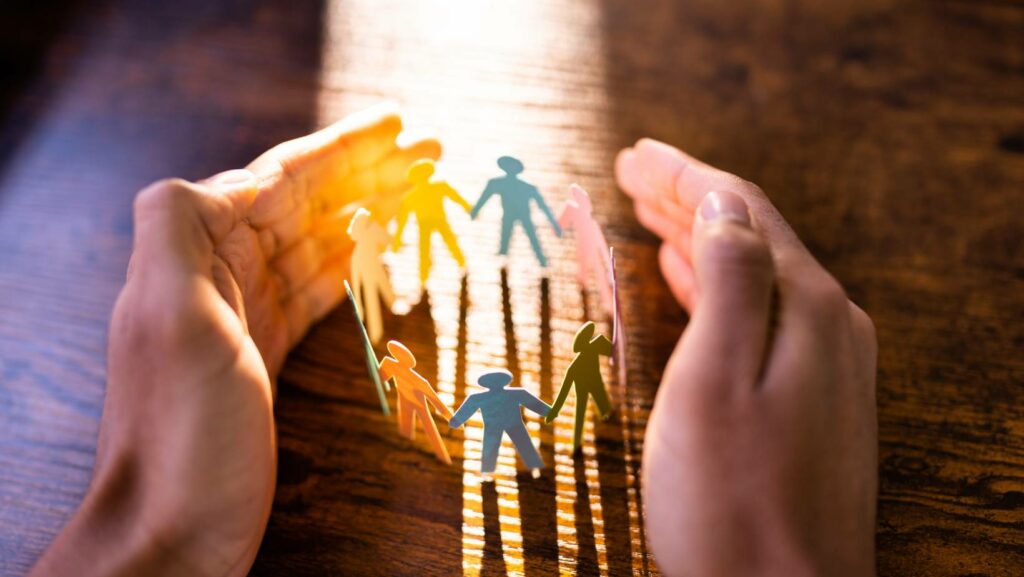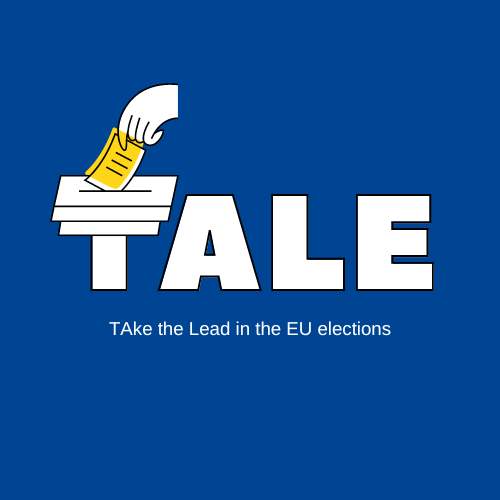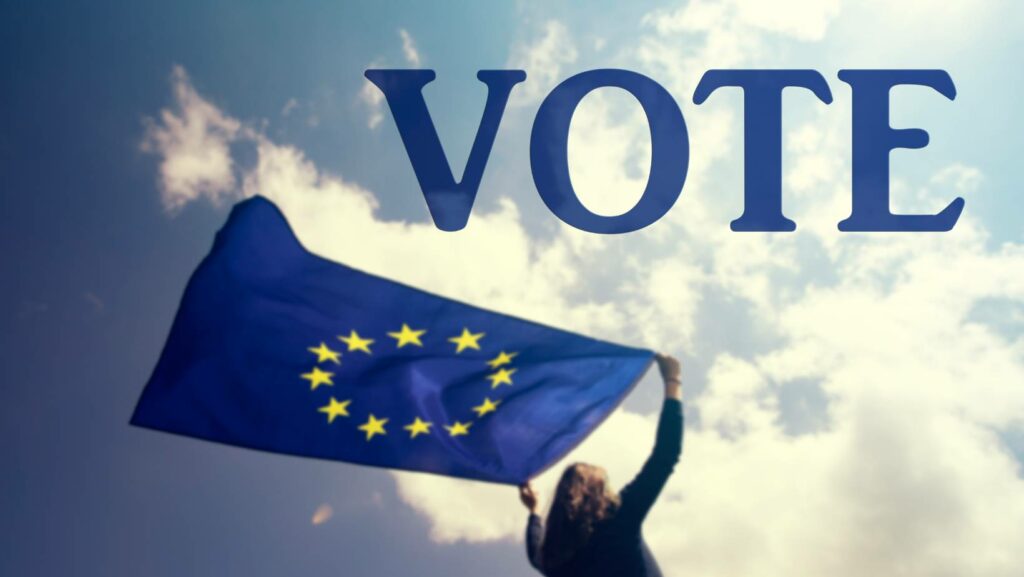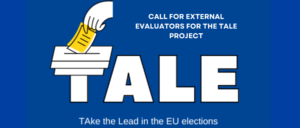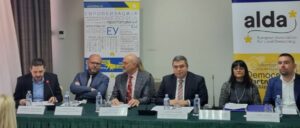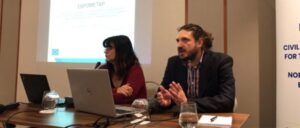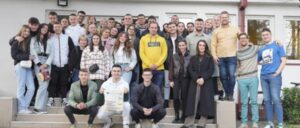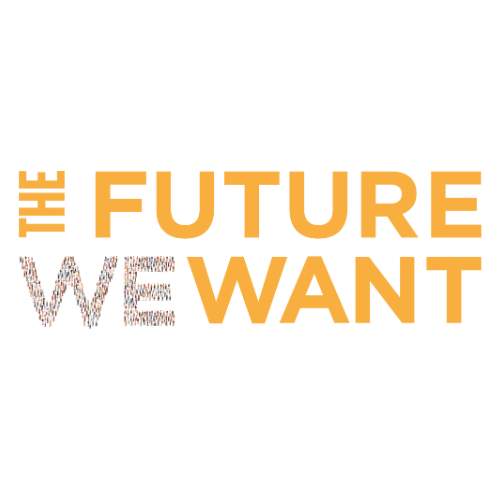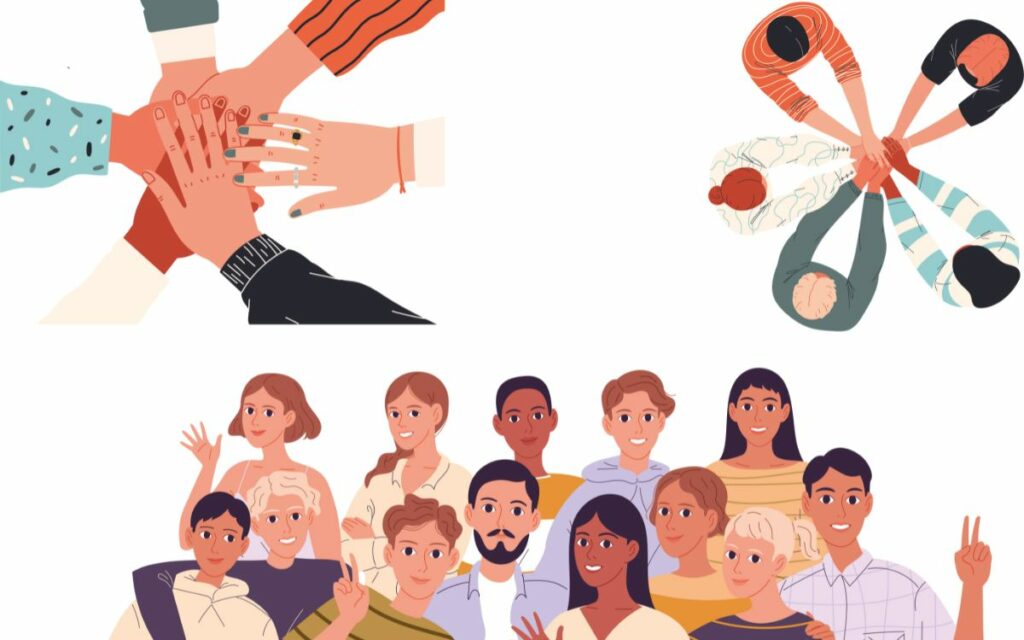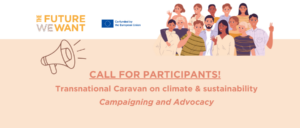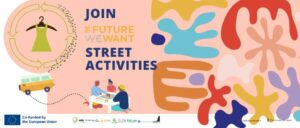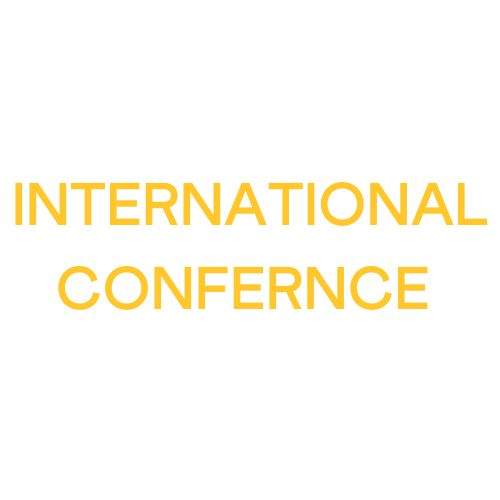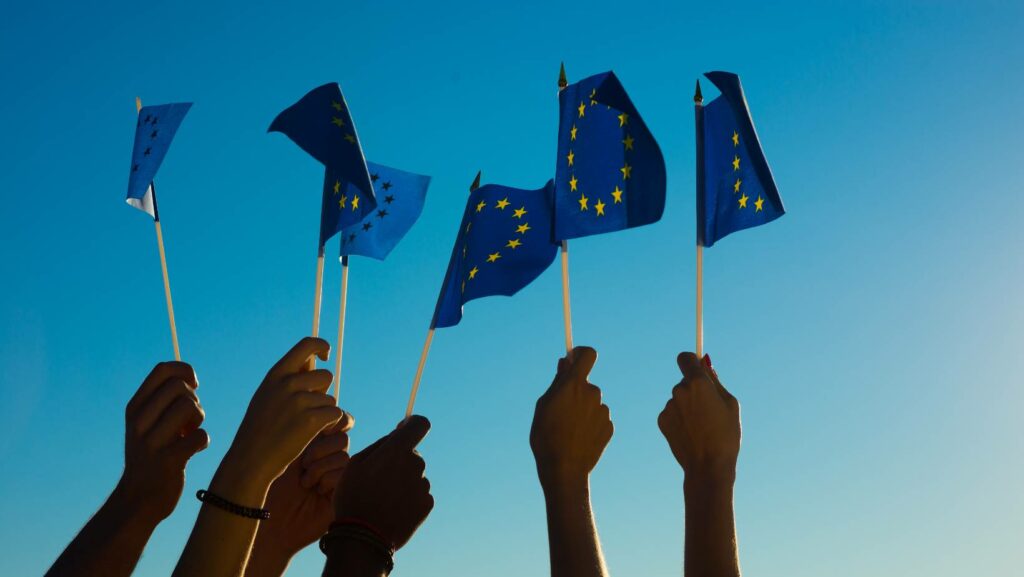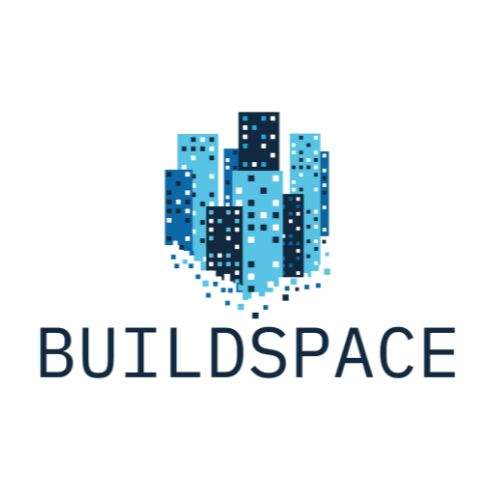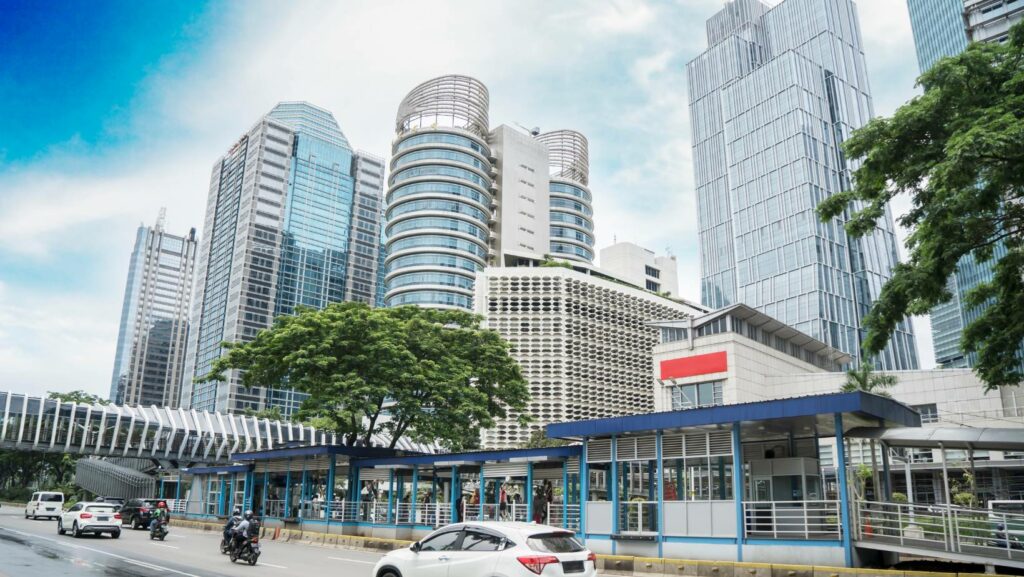On 6 September 2023, Civil Society Europe launched its Civil Society State of the Union report (CS SOTEU). The CS SOTEU comprises the visions and recommendations of 43 civil society organisations for a more democratic and just EU, both socially and environmentally.
The report comes after months of collaboration among a broad coalition of civil society organisations active at EU level, among which ALDA; and it is addressed to the EU and its Member States.
In early February 2023, CSE launched a new working group dedicated to following up on the Conference on the Future of Europe (CoFoE). This Working Group (WG) is dedicated to supporting civil society and citizens’ participation in EU democracy. In doing so, the WG is continuing the collaborative and ambitious work accomplished within the Civil Society Convention for the Conference on the Future of Europe (CSOCoFoE) in 2021-2022.
The WG has been divided in thematic subgroups, chaired by one or two CSOs, and they developed the different chapters of the report, covering topics such as democracy, fundamental rights, civic space, EU’s external policies, migration and asylum, freedom of movement, social rights and justice, climate change and other environmental challenges, digital transformation, and human security.
Our coalition calls for EU decision makers to make civic space and civil dialogue central topics in the 2024 European elections, and demands that the future European Parliament and European Commission take real, meaningful steps during the next five years to better recognise, protect and engage civil society at all levels.
ALDA co-chaired with the European Civic Forum (ECF) the chapter I on EU democracy, rule of law, values, and EU in the world
Overview of the chapters of the report:
- Strengthening democracy, fundamental rights & civic space in the EU and the world
- Enhancing freedom of movement and solidarity for a more inclusive European society
- A socially just EU
- Fighting against climate change’s impacts and addressing (global) environmental challenges
- A digital transformation that leaves no one behind in the EU
- Shielding the future of European society through human-centred security policies
ALDA co-chaired with the European Civic Forum (ECF) the chapter I on EU democracy, rule of law, values, and EU in the world.
ALDA and the coalition of CSOs have a vision for the European Union as a vibrant democracy, where citizens actively participate in decision-making processes and have trust in their institutions. We envision an EU that upholds the rule of law, protects fundamental rights, and promotes equality and social cohesion.
Since the CoFoE, there have been significant developments that have shaped the landscape of EU democracy and values. The Civil Society Convention (CSOCoFoE)’s report, citizens’ panels, and a preliminary evaluation of the Commission’s post-CoFoE proposals have provided valuable insights into the challenges and opportunities we face. However, it is equally important to address non-developments, areas where progress has been stagnant or insufficient, to identify areas that require urgent attention and action; and this is what this Report attempts to do.
During the public launch event for the Report, not only involved CSOs were present, but the agenda also welcomed a panel discussion with remarks by Professor Maria do Céu Patrão Neves, Vice-Chair of the European Group on Ethics in Science and New Technologies, Mr. Giacomo Filibeck, Executive Secretary General of the Party of European Socialists, and Ms. Ingrid Bellander Todino, Head of Unit, Fundamental Rights, DG JUST; all of them provided different perspectives to the same issues at stake, shedding light on new inputs for discussion with the audience.
Read the full Report in digital format here.
***
🇦🇲 Read the news in Armenian
🇬🇪 Read the news in Georgian
🇷🇴 Read the news in Romanian
🇺🇦 Read the news in Ukrainian
